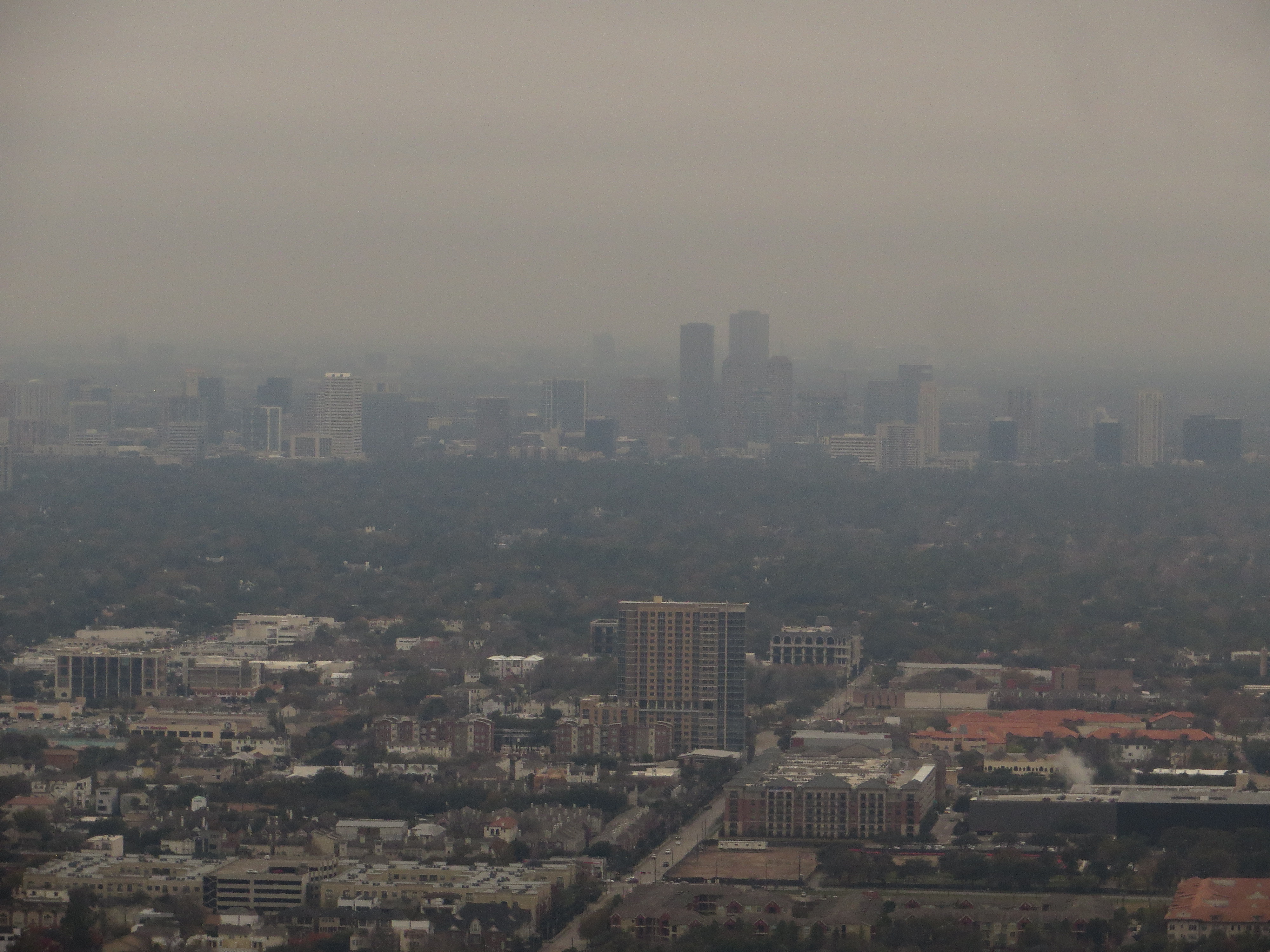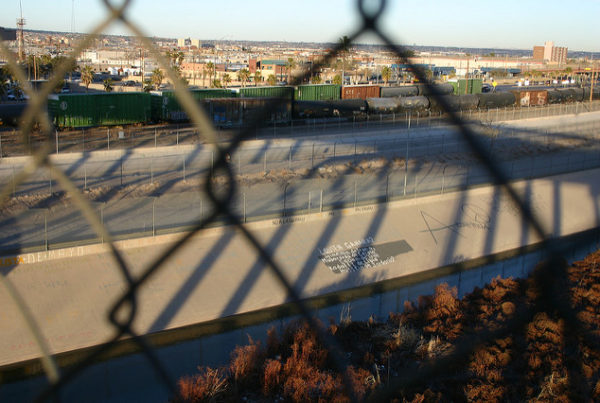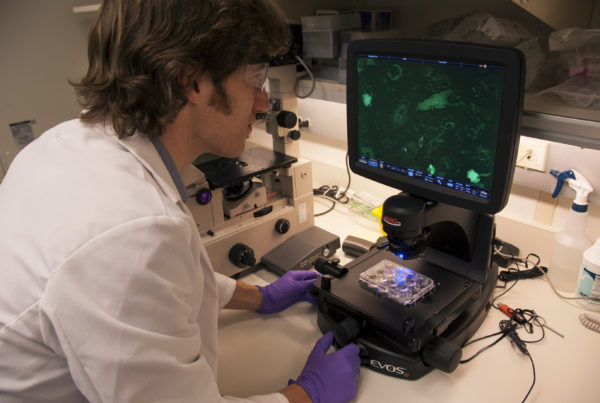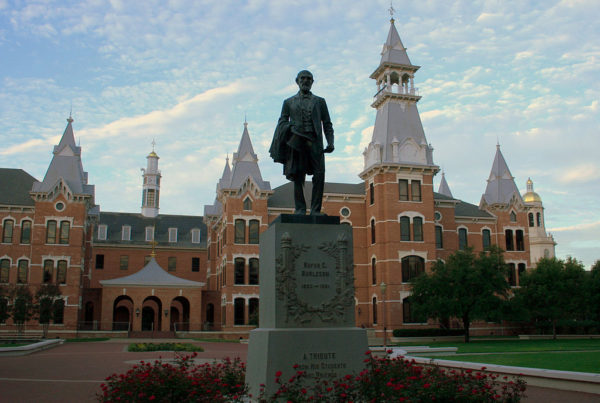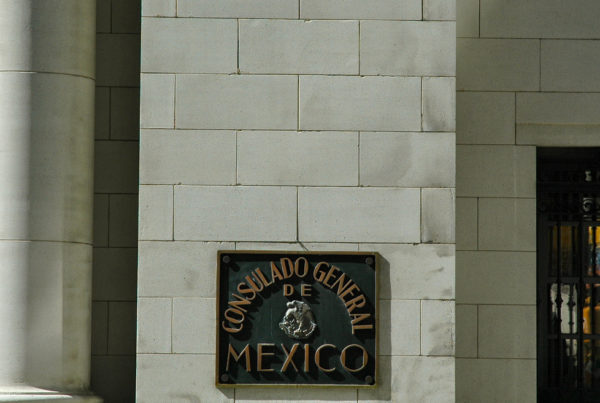Just hours after President Donald Trump said the U.S. would pull out of the Paris climate agreement, cities across the country said they would stick with it.
The city promised to work toward the goals laid out in that global deal to curb carbon emissions. But with so much heavy industry in nearby areas outside its jurisdiction, there’s only so much Houston can do to tackle climate change.
At the downtown Health Museum, Elmer Neal showed people the insides of a new air monitoring station the city installed with help from the EPA. Neal, with the city’s health department, ticks off the pollutants this solar-powered machine watches for: particulate matter, ozone and carbon among them.
The air monitor gathers data and puts it online for anyone to see, but it’s not used to enforce any rules. Still, it showcases how in a political climate of deregulation, Houston feels its best chance to build a low-carbon future is to lead by example.
“We have to work within our jurisdiction, and unfortunately, air pollution doesn’t care about city limits,” says Lara Cottingham, who heads up the city’s sustainability efforts. Those include a plan to cut carbon emissions by 80 percent by 2050, and eventually to power all of the city’s buildings with renewable energy.
“Showing other cities and showing other businesses that we can do this, and be successful and sustainable, is the biggest thing that we can do right now,” she says.
Houston tries to inspire environmental friendliness in part because past efforts to force it have been shot down by the courts.
Last year the Texas Supreme Court tossed out local air quality rules that the refining and petrochemical industry had sued over, saying the city over-stepped its authority.
Todd Staples heads up the Texas Oil and Gas Association, an industry group.
“We do shy away from local mandates and local regulations that are out of step with a bigger, broader picture,” he says.
He argues that industry doesn’t need regulations to force emissions cuts and cleaner operations, because there’s already a market incentive for that to happen.
“I think operators recognize that the consumers are expecting to have cleaner-burning fuel sources,” he says.
A world energy report from oil giant BP recognized that energy markets are shifting to lower-carbon fuels as renewables quickly grow. Still, BP and other major companies wanted the U.S. to stay in the Paris deal, in part because having a plan for a low-carbon transition makes better business sense.
Rice University’s Charles McConnell has a decidedly skeptical take on Houston’s Paris promise.
“It’s absolutely absurd to look at an accord like Paris as a guiding light,” he says.
McConnell is a former industry executive and assistant secretary of energy. He says Houston’s commitment to the deal is more about public relations. Not that it hurts the effort, but he’d rather the city focus on practical ways to lower emissions.
“Have public transportation be not from buses that are powered by diesel, but converted to natural gas, to have more light rail for more people,” he says. “To create circumstances where traffic flows can be improved, so we don’t have lots of cars out on the highway idling.”
And in fact, the city says it is considering ideas like that.
While Houston officials are optimistic about their various green initiatives, they also admit they’re concerned about proposed budget cuts for the Environmental Protection Agency. Local pollution enforcement efforts depend on federal money, so any cuts could shrink the already-narrow powers the city has to keep polluters in check, and to build a cleaner future.


